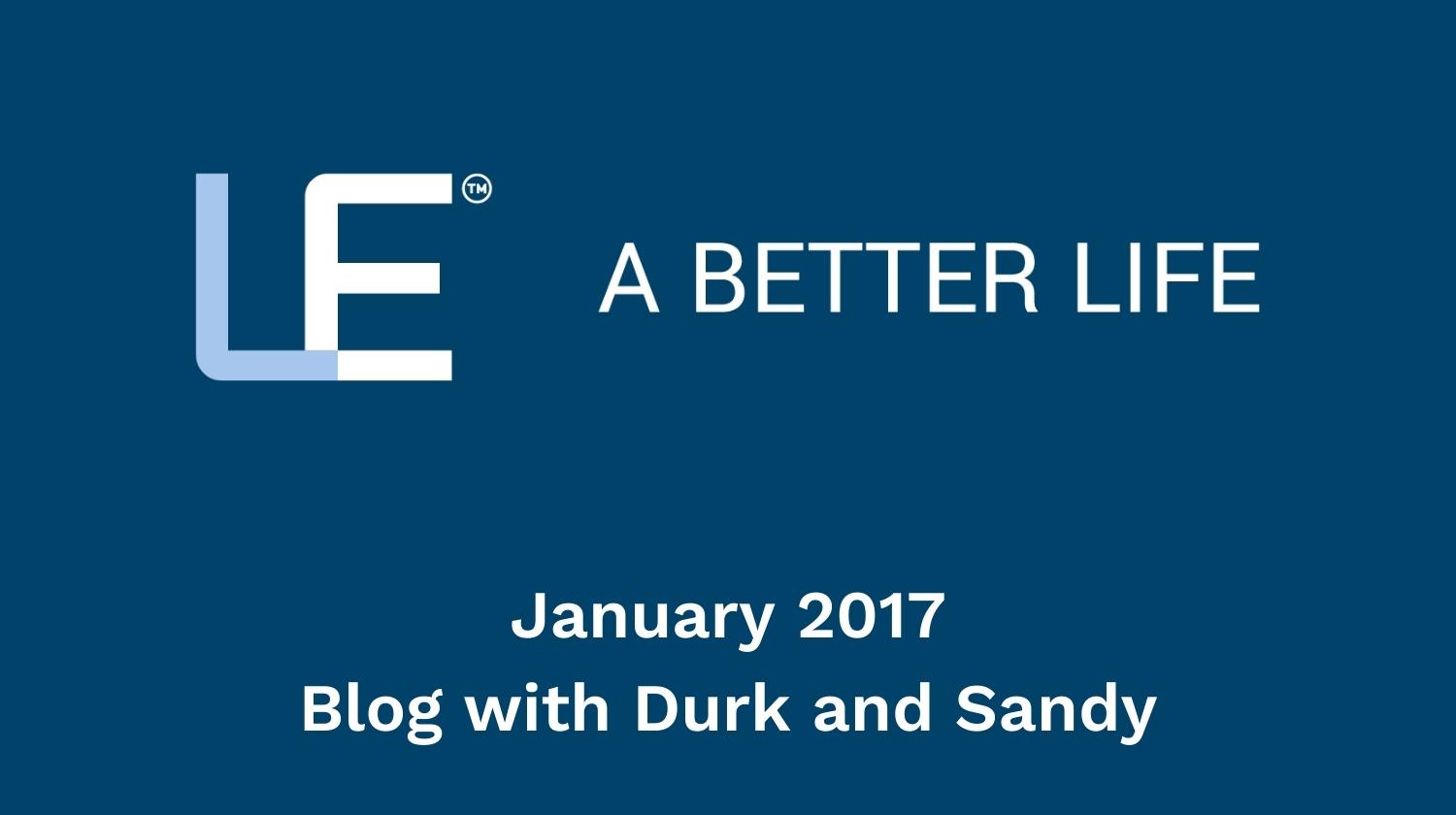November 2001 - Special Supplement Blog with Durk and Sandy
by Life Enhancement Products Admin on Nov 25, 2001

Special Supplement • Nov. 2001
Grave threats to liberty often come in times of urgency, when constitutional rights seem too extravagant to endure.
- Justice Thurgood Marshall
RED ALERT!
Centers for Disease Control Infected with Fascism: Proposes Medical Dictatorship
The November 12, 2001 National Law Journal reports1 that the Centers for Disease Control (CDC), the idiots who told the post office that there was nothing to worry about with mailed anthrax because anthrax spores cannot get out of a sealed envelope (!), have now proposed a "model health law" for states that is very dangerous for our constitutional rights. We have published this special supplement to our newsletter to get the news out about this terrible idea so that those concerned with freedom of health choice can be prepared to fight it.
The model state "Emergency Health Powers Act" drafted for the CDC was written at the Center for Law and the Public's Health at Georgetown University and Johns Hopkins University. Center director Lawrence O. Gostin says it is designed to give officials the power to act decisively in the event of an attack or outbreak of new diseases.
 Under the proposed act, officials could treat, vaccinate, and quarantine individuals on a compulsory basis. States would have broad emergency powers to confiscate property and facilities, from subways to drug companies. Health officials would be able to immediately take over health care facilities and ration medicine and other supplies if shortages developed. They could compel a person to submit to a physical exam or test without a court order or be charged with a misdemeanor offense and face the possibility of forced isolation. Physicians and other health workers could be forced to do the testing or face criminal liability. (Whatever happened to the Thirteenth Amendment's prohibition of involuntary servitude?) Officials could compel people to be vaccinated or treated for infectious diseases, though not those likely to suffer serious harm from vaccination. Court orders would be required to quarantine anyone, but in an immediate threat situation, officials could quarantine first and go to court later. To add insult to injury, the law would shield officials and their agents from civil liability, except in cases of gross negligence or willful misconduct.
Under the proposed act, officials could treat, vaccinate, and quarantine individuals on a compulsory basis. States would have broad emergency powers to confiscate property and facilities, from subways to drug companies. Health officials would be able to immediately take over health care facilities and ration medicine and other supplies if shortages developed. They could compel a person to submit to a physical exam or test without a court order or be charged with a misdemeanor offense and face the possibility of forced isolation. Physicians and other health workers could be forced to do the testing or face criminal liability. (Whatever happened to the Thirteenth Amendment's prohibition of involuntary servitude?) Officials could compel people to be vaccinated or treated for infectious diseases, though not those likely to suffer serious harm from vaccination. Court orders would be required to quarantine anyone, but in an immediate threat situation, officials could quarantine first and go to court later. To add insult to injury, the law would shield officials and their agents from civil liability, except in cases of gross negligence or willful misconduct.
Gene W. Matthews, legal adviser to the CDC, says the main need is for consistency and modernization of state laws. "From the CDC's viewpoint, it is not in anyone's interest to have 50 states all running off in different directions on this." There are many of us, however, who believe that competition between the states on approaches to regulation of medicine is the only way to preserve freedom of choice in medicine. This proposal would destroy that competition, a part of federalism, which was written into the constitution as the Ninth and Tenth Amendments, as well as the limits of the Commerce Clause.
One scholar, George Annas of Boston University School of Law, calls it "the old Soviet model of public health - lots of power and no standards for applying it." As Annas notes, the law gives "tremendous powers to unnamed and unaccountable public health officials to order people examined, treated, vaccinated, or quarantined and do it with immunity unless acting with actual
In public health, it is the health of the collective that is the unit of analysis, not the health of the individual. If such a system is made compulsory, there is little or no freedom of health choice for individuals and little concern with the fate of individuals. "Everything that is not compulsory is forbidden," the famous mantra of the Nazis, would become the order of the day when bureaucrats seize medical supplies and then "ration" them. We would expect that the best physicians, those whose focus is on the treatment and care of individual patients, will be frustrated (if not outraged) trying to care for their patients under such a system, and many would probably retire from practice, leaving behind a health care system of physicians who are willing to do what they are told to do by the state and whose largest concern is keeping their noses clean. The CDC bureaucrats behind this apparently studied at the Dr. Mengele School of Public Health (Mengele's "research" was supposedly done for the public health): send out storm troopers to round up people at gunpoint, then stick needles full of what is purported to be "medicine" into them, all for the good of the state.
Peter D. Jacobson of the University of Michigan School of Public Health calls the proposal an "excellent starting point" but thinks there are major questions remaining. One of those, he says, is whether the public's general distrust of government has changed since September 11. In other words, can the government get away with this breathtaking power grab?
What You Can Do: Inform your contacts, especially people involved with civil liberties and with health issues; write your Congresscritters; write letters to newspapers and to magazines, especially those concerned with health. Get the news out. The only way laws such as this can be passed is by sneaking them through when people aren't looking.
1. Marcia Coyle, "Pushing Tough State Health Laws," National Law Journal, pp. A1, A11, Nov. 12, 2001.
The First Amendment Is Getting in the Way of the Drug Approval Process, Says the Bush Administration - Supreme Court Ruling Coming Up
The U.S. Supreme Court has granted cert in the case of Thompson v. Western States Medical Center, No. 01-344, where it will decide whether the FDA's regulation of promotion or advertising by compounding pharmacists of particular compounded drugs is in violation of the First Amendment. The Ninth Circuit Court of Appeals held that a 1997 prohibition against such promotion in return for exemption from standard drug approval requirements advanced no substantial government interest and thus violated the First Amendment. The Bush administration urged the justices to take the case, arguing that the lower court decision threatened to "seriously impair" the drug approval process.1 Right. The First Amendment is interfering with drug approval, so the First Amendment (not the drug approval process) has to go, says the Bush administration. We hope that this Supreme Court, which has been called a ferocious defender of First Amendment rights, comes through for the First Amendment again.
1. National Law Journal, Nov. 12, 2001.





